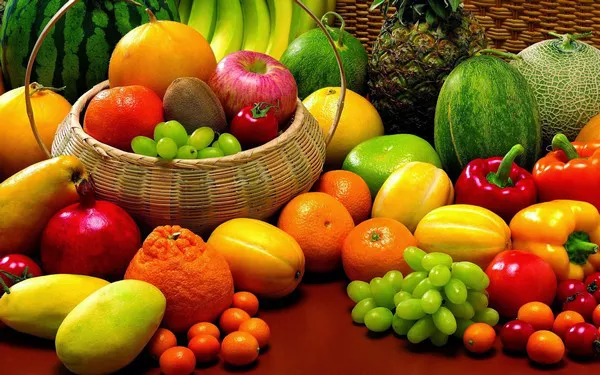Vitamin D, often referred to as the “sunshine vitamin,” is essential for overall health and well-being. While it’s commonly associated with sunlight exposure, did you know that certain vegetables also contain this vital nutrient? In this comprehensive guide, we’ll explore the world of plant-based vitamin D sources, shedding light on which vegetables you can incorporate into your diet to boost your vitamin D intake.
1. Understanding Vitamin D
The Importance of Vitamin D
Vitamin D plays a crucial role in maintaining strong bones, a healthy immune system, and overall wellness. It promotes calcium absorption, which is essential for bone health, and supports the functioning of various body systems.
Sources of Vitamin D
Traditionally, vitamin D is obtained through exposure to sunlight, as the skin synthesizes it when exposed to UVB rays. However, many individuals struggle to get enough sunlight, making dietary sources of vitamin D, including certain vegetables, essential.
2. Mushrooms: A Surprising Source of Vitamin D
Types of Vitamin D in Mushrooms
Mushrooms, especially those exposed to UV light during growth, are unique among vegetables because they can naturally produce vitamin D. Specifically, they can synthesize vitamin D2 (ergocalciferol), which is less common in other plant-based sources.
Portobello Mushrooms
Portobello mushrooms, when exposed to UV light, become a potent source of vitamin D2. Including these flavorful fungi in your diet can provide a natural dose of this essential vitamin.
How to Prepare Mushrooms for Vitamin D
To maximize the vitamin D content in mushrooms, expose them to sunlight or UV light for a short time before consumption. This simple step can significantly enhance their vitamin D2 levels.
3. The Power of Fortified Foods
Fortified Orange Juice
Certain brands of orange juice are fortified with vitamin D2, making them a convenient way to boost your vitamin D intake. Check product labels to ensure you’re selecting a fortified option.
Fortified Plant-Based Milk
Many plant-based milk alternatives, such as almond milk and soy milk, are fortified with vitamin D2 or vitamin D3 (cholecalciferol). Incorporating these beverages into your diet can be an excellent choice for vegans and those with lactose intolerance.
4. Leafy Greens and Vitamin D
Kale and Spinach
Leafy greens like kale and spinach, while not as rich in vitamin D as mushrooms or fortified foods, still provide valuable nutrients, including a small amount of vitamin D. Including them in salads and smoothies can contribute to your daily intake.
Cooking Greens
Some studies suggest that lightly cooking leafy greens can release more vitamin D, making sautéed kale or spinach an attractive option for those seeking to increase their intake.
5. Other Vegetable Sources
Okra
Okra is a less common source of vitamin D but can still be a valuable addition to your diet. It’s also rich in fiber and essential nutrients.
Avocado
Avocado is a versatile fruit that contains a small amount of vitamin D. Incorporating avocado into your meals not only adds flavor but also provides some healthful nutrients.
6. The Role of Supplements
When Dietary Sources Are Insufficient
For individuals with limited sun exposure and dietary restrictions, vitamin D supplements may be necessary. Consult with a healthcare professional to determine the appropriate dosage for your needs.
Vitamin D3 Supplements
Vitamin D3 supplements, often derived from animal sources, are commonly recommended. However, plant-based vitamin D2 supplements are also available for those who prefer vegan options.
See Also: Where Do We Get Vitamin D: Things You Need to Know
Conclusion
While vitamin D is often associated with sunlight and animal-based sources, incorporating certain vegetables into your diet can contribute to your daily intake of this essential nutrient. Mushrooms, fortified foods, leafy greens, and select vegetables offer plant-based vitamin D options for those seeking to maintain their health and well-being. Keep in mind that while these vegetables can be part of a balanced diet, it’s essential to monitor your vitamin D levels and consult with a healthcare professional if you have specific dietary concerns or restrictions. By understanding the diverse sources of vitamin D, you can take proactive steps toward maintaining optimal health.


